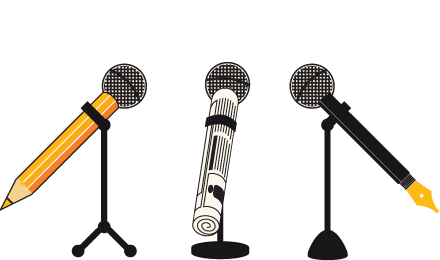Political contributions and public policy debate

Our company is not partisan. This position reflects our company values and heritage. Editorial integrity and independence are fundamental to the way that the Financial Times reports the news. Penguin has a long and proud history of championing free speech and publishes authors drawn from across the political spectrum. Political neutrality means that we do not make corporate political contributions to parties, candidates for public office or to election campaigns. The term political contributions includes loans, the advance or deposit of money or anything else of value given directly to a candidate campaign or political party. Company employees can and do get involved in the political process and make personal contributions, but decisions to do so are entirely personal and voluntary.
Pearson has dedicated Government Relations employees who lobby on issues where the company can contribute our insight and knowledge or which impact on our ability to do business. Members of the Government Relations team are responsible for responding to global legislative agendas, being the public face of the company with elected officials around the world and for tracking how political and legislative trends might impact on our business. In all our work, we are guided by the company purpose which is to help people to progress through their lives through learning and by the code of conduct which set out the standards of integrity and professionalism we expect of all our employees. Our purpose overrides the short-term commercial interests of a particular business product. We have public policy professionals at our Head Office and in our businesses supported as needed by external lobbyists that act directly on our behalf. We comply with applicable laws and public disclosure obligations.
We participate in various trade associations relevant to our business. During 2011, we contributed to education policy discussion around the world through these associations. Pearson has also made individual submissions on the issues of intellectual property, press ethics, improving future standards in examinations and assessment in the UK as well as the role of the private sector in contributing to improved access to education in low-income countries.

